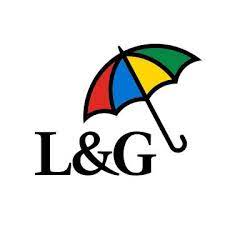FAQs
What is the main responsibility of the Payroll Governance and Compliance Manager?
The main responsibility is to monitor payroll processes and legislative compliance, coordinating risk event actions and analysis to ensure accurate and timely payments and reporting for annuitant payrolls.
What qualifications are required for this position?
Candidates should have in-depth knowledge of payroll processes, familiarity with pensions payroll legislation, risk management expertise, knowledge of payroll governance and controls, understanding of FCA regulations, and experience governing large payrolls.
Is leadership experience necessary for this role?
Yes, a minimum of 1 year in management or leading by example/managing activities is required.
What kind of skills are needed in terms of technical proficiency?
Intermediate Excel skills, including analysis, auditing skills, and proficiency in manual tax calculations are needed for this role.
What benefits does Legal & General offer to its employees?
Benefits include participation in an annual performance-related bonus plan, generous pension contributions, life assurance, private medical insurance, at least 25 days of holiday plus public holidays, competitive family leave, and various discounts.
How does Legal & General approach flexible working arrangements?
Legal & General is open to discussing flexible working arrangements and reasonable accommodations for candidates with specific needs.
What is the culture like at Legal & General?
The culture is welcoming and encourages collaboration with people of diverse backgrounds, views, and experiences. Leaders at the company care about employee futures and wellbeing.
How does the Payroll Governance and Compliance Manager support colleagues?
The manager supports colleagues by sharing knowledge and delivering training on processes to maintain excellent customer service and quality standards within the department.
Are there opportunities for professional development within this role?
Yes, employees are empowered through initiatives that support career development and excellence.
How does the role contribute to maintaining customer trust?
The role helps maintain customer trust by ensuring accurate payments, timely reporting, and compliance with regulatory requirements, thereby protecting customers from financial loss.

